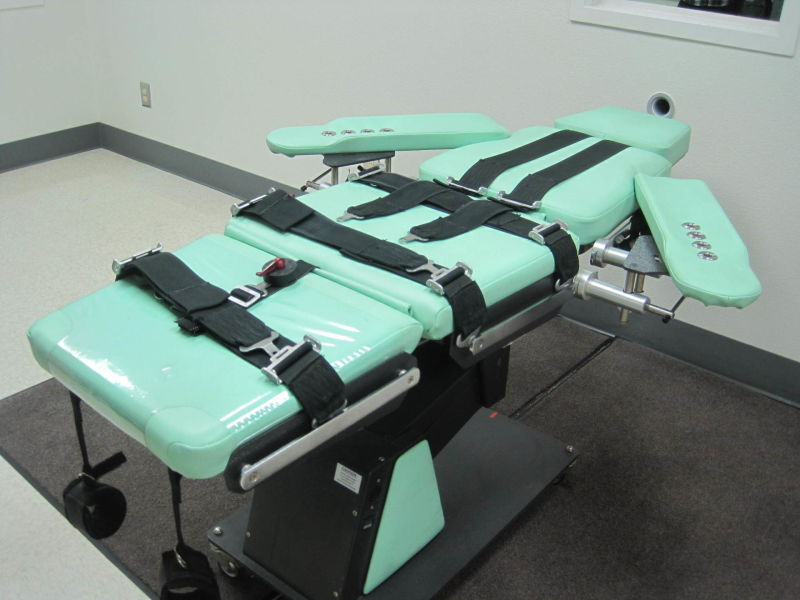Days before California voters decide whether to ban capital punishment or expedite executions, state Department of Corrections and Rehabilitation officials have sent a new execution protocol to its final administrative review.
"The Office of Administrative Law has up to 30 working days to review and approve it," said CDCR spokeswoman Terry Thornton. Depending on when they are approved, the new rules would take effect no later than April 1.
A federal judge put a stop to executions in 2006, citing concerns about the state's three-drug execution protocol. The Brown administration agreed to develop a new protocol as a result of a lawsuit brought by the Criminal Justice Legal Foundation.
Nearly 20 inmates on California's death row have exhausted their legal appeals and are eligible for execution. But Thornton would not speculate on when the next execution would be scheduled if voters reject Proposition 62, which would outlaw capital punishment.
"It's odd timing," said Matt Cherry, executive director of Death Penalty Focus, which is supporting Proposition 62. "We believe the whole question of how to kill prisoners is moot until after the election," he added.

